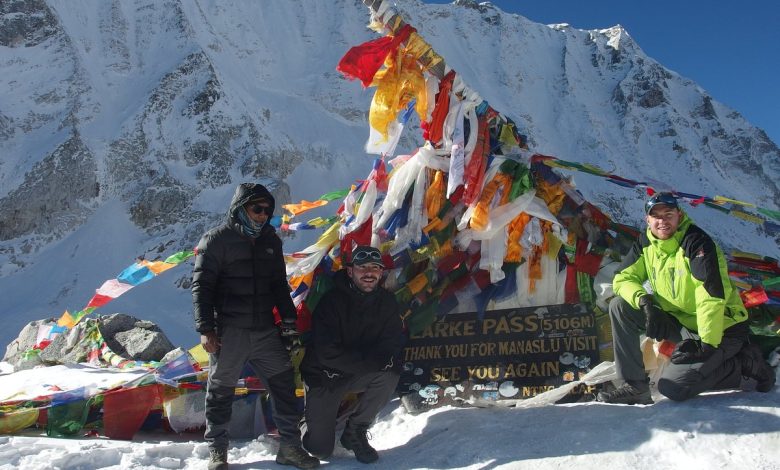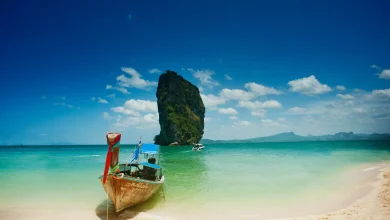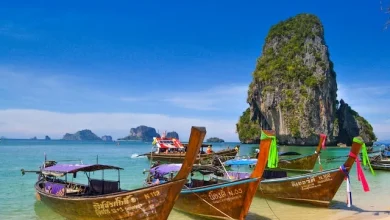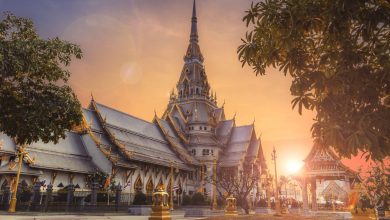Cultural Highlights of the Everest Base Camp Trek

The Everest Base Camp Trek combines awe-inspiring natural beauty with rich cultural experiences. As you journey through the Khumbu region, you’ll pass through Sherpa villages, ancient monasteries, and sacred sites that reflect the local people’s deep spiritual and cultural roots.
The trek offers a chance to immerse yourself in the Sherpa community’s traditions, beliefs, and warm hospitality while witnessing their harmonious relationship with the Himalayan environment. It’s a journey that’s both physically rewarding and culturally enriching. For those with limited time, a short Everest Base Camp trek is also an option, providing a condensed yet equally impactful experience.
The Everest Base Camp Trek is not just about iconic mountain views; it’s a deep dive into the Sherpa culture, Tibetan Buddhism, and the unique way of life in the Khumbu region. Set amidst the world’s highest peaks, this trek offers an unforgettable cultural experience. Here’s an overview and a breakdown of the cultural highlights you’ll encounter:
- Sherpa Culture and Communities
The Everest region is the homeland of the Sherpa people, who are globally renowned for their mountaineering skills and hospitality. Their way of life revolves around Buddhism, mountain agriculture, and tourism.
- Village Life: Villages like Namche Bazaar, Tengboche, and Dingboche showcase traditional Sherpa homes, terraced fields, and vibrant marketplaces.
- Hospitality: Sherpa’s hospitality is unmatched. Many trekkers are welcomed into teahouses with warm smiles, hearty meals, and a cozy atmosphere.
- Tengboche Monastery
Tengboche Monastery is one of the most significant spiritual landmarks of the Everest region. Nestled against the backdrop of Mount Ama Dablam, the monastery is a hub of Buddhist rituals and festivals.
- Rituals and Prayers: Visitors can attend morning or evening prayer ceremonies, which provide a peaceful and spiritual experience.
- Mani Rimdu Festival: This colorful annual festival involves dances, prayers, and traditional Sherpa rituals, attracting both locals and trekkers.
- Mani Walls, Chortens, and Prayer Wheels
Buddhist symbols like mani walls, chortens, and prayer wheels are scattered throughout the trek, adding a spiritual essence to the journey.
- Mani Walls: These intricately carved stone walls are inscribed with Buddhist mantras. Always pass them on to your left.
- Chortens: These stupas symbolize the Buddha’s presence and are often found at trail junctions.
- Prayer Wheels: Spinning these wheels is believed to spread positive energy and blessings.
- Festivals and Traditions
The Everest region is alive with traditional festivals and practices that highlight its cultural richness.
- Mani Rimdu: Celebrated in monasteries like Tengboche, this festival features masked dances and rituals performed by monks.
- Lhosar: The Tibetan New Year is marked with feasts, dances, and prayers, providing a lively and joyous atmosphere.
- Traditional Foods
The Everest region offers a taste of Sherpa cuisine, which is both delicious and energy-packed for trekkers.
- Dal Bhat: This Nepali staple provides the energy needed for trekking with its combination of rice, lentils, and vegetables.
- Sherpa Stew (Thukpa): A hearty noodle soup that’s perfect for cold evenings.
- Yak Butter Tea: A traditional drink that’s warming and rich in calories.
- Tibetan Influence
The proximity of the Everest region to Tibet is evident in the local customs, architecture, and religious practices.
- Gompas: Monasteries in villages like Pangboche and Tengboche reflect Tibetan Buddhist influence.
- Trade and Handicrafts: Tibetan prayer flags, carpets, and jewelry are commonly sold in markets and make for meaningful souvenirs.
- Spiritual Journey
For many, the Everest Base Camp Trek is not just a physical adventure but a spiritual one. The serene environment and cultural and religious landmarks create a journey of introspection and peace.
Conclusion
The Everest Base Camp Trek is more than just a trek to the foot of the world’s highest mountain. It’s an immersive cultural journey through the heart of the Sherpa homeland. From vibrant festivals to serene monasteries and the unmatched warmth of the Sherpa people, every step offers a glimpse into a unique way of life. For those seeking both natural grandeur and cultural depth, this trek is an unparalleled experience. Additionally, a short Everest Base Camp trek is a great option for trekkers who wish to experience this cultural richness within a limited timeframe.




